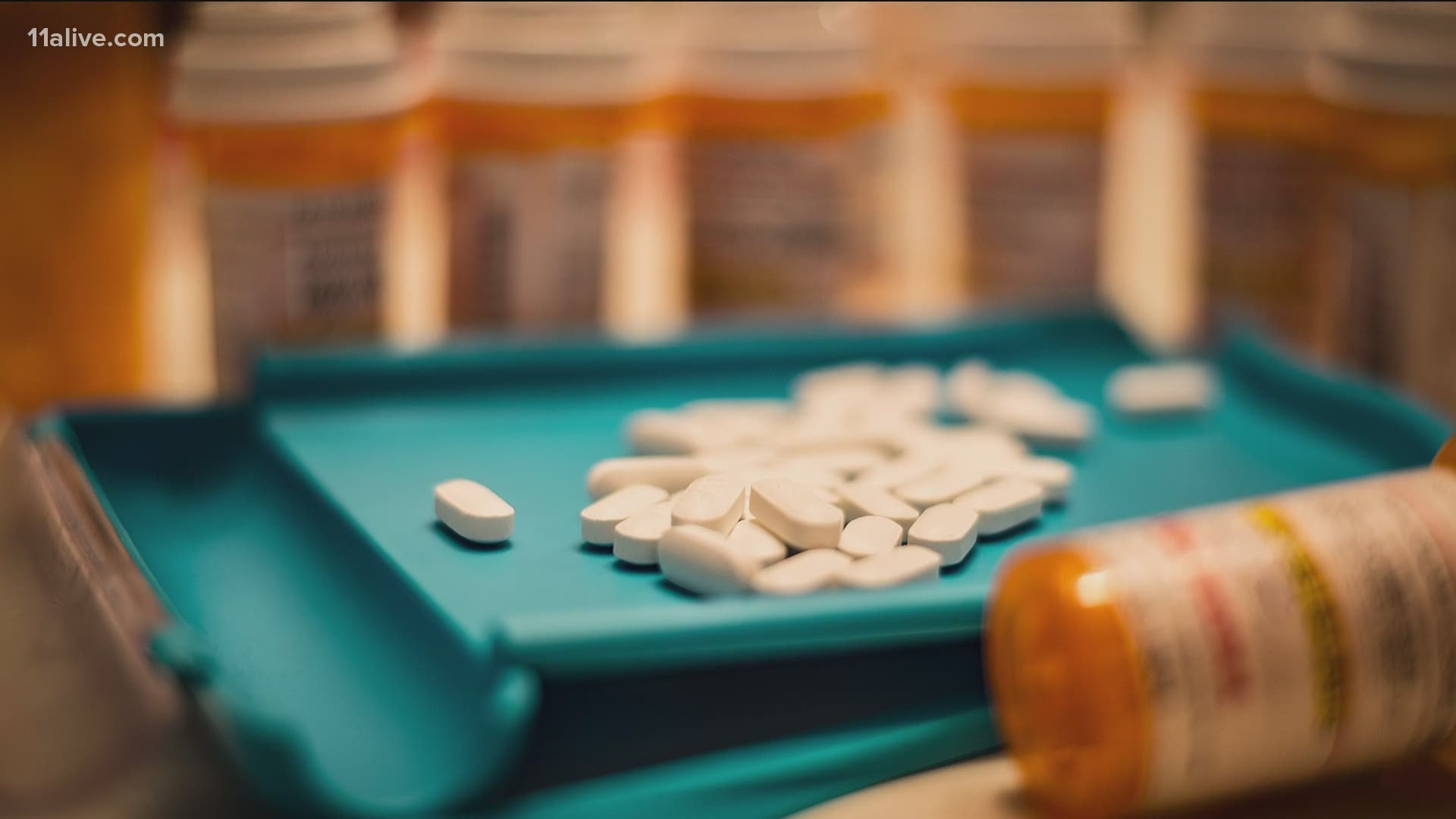MARIETTA, Ga. — While coronavirus numbers are on the decline, with vaccines becoming more prevalent and infection rates decreasing, the invisible side effects remain a concern for health officials nationwide.
The recovery from the pandemic also includes the recovery for those struggling to maintain their mental health over the past year. Substance abuse is on the rise as well, according to the Centers for Disease Control. An August survey showed at least 40 percent of Americans were dealing with mental health or substance abuse related to the pandemic.
From May 2019 to May 2020, the CDC recorded more than 81,000 overdose deaths, many of which are attributed to the pandemic.
Treatment centers have noticed this increase in the demand for help. Chelsea Cronin works at The Zone, located in Marietta.
"Primarily, people come here for their recovery, maintaining their recovery, going to meetings," Cronin said. "But it also provides them a safe and sober place for them to hang out.”
Cronin said services have expanded at The Zone 17% since the beginning of the pandemic, and the treatment facility draws 5,000 visits per month. The Zone specializes in recovery coaching, provides food services and even Uber rides to essential services like doctors and detox appointments.
“Isolation began, and that’s when we started to see an increase in the numbers of relapse, where people couldn’t get out to their normal routines, meetings, stuff like that," Cronin said.
Patrick Cronin is the director of business development at ARK Behavioral Health, based in Massachusetts. He said the pandemic, a time of uncertainty, led to a growth in fear and grief and eventually, led many down a dark path of substance abuse. Cronin said dependence on opioids, other drugs, and alcohol oftentimes went hand-in-hand with mental health issues.
"They’re at home, they've got nothing to do, they’re stressed about getting COVID, they’re stressed about their condition," Patrick Cronin said. "So now they’ve substituted their anxiety with a substance to just almost try to kill the pain or just out of boredom thinking it’s not going to turn into a dependence.”
Patrick said mental health issues can affect loved ones as well. He urged people to watch for red flags by listening to family and friends who notice a mood change or irregularity.
“Doing your best to swallow your pride in these situations is hard, but know that there is help out there and try your best to push stigma aside," Patrick said.
Last week, President Joe Biden directed $2.5 billion in funding to address the nation's mental health and addiction crises. The money will go to states to improve treatment programs and prevention efforts.
Several resources, including an emotional support line, can be found here.

